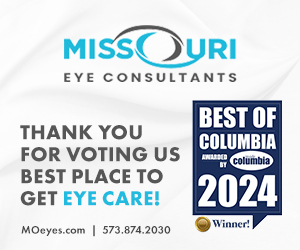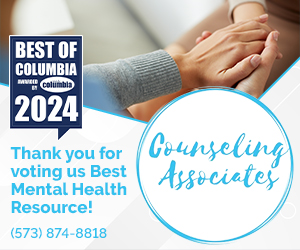Along with medications and psychotherapy, what other treatments can be used for depression?
At Burrell Behavioral Health, we offer Transcranial Magnetic Stimulation (TMS), which is a non-invasive outpatient treatment used for depression. TMS can often help if a client’s depressive symptoms have not been controlled by either medication alone or medication and psychotherapy. TMS treatment typically lasts 30 minutes. During the treatment, a cushioned coil placed precisely against the client’s head emits therapeutic magnetic pulses. The strength of the magnetic field produced is similar to that of an MRI. The treatment typically takes 36 sessions spaced out over six to nine weeks.
Dr. Deepti Bahl
Psychiatrist
When it comes to treatment resistant depression, the use of TMS has seen positive results, with more than 80% of patients reporting an improvement in depressive symptoms, says Dr. Deepti Bahl, psychiatrist with Burrell Behavioral Health.
Bahl, who did her residency and fellowship at the University of Missouri School of Medicine, says that the treatment, combined with regular psychotherapy and medication, can provide symptom relief for many. “The symptom relief from the depression is cumulative and continues to happen even after the treatment course has been finished,” Bahl says.
Patients are awake during the treatment, she says, with no sedation or anesthesia needed, which makes it easy for people to quickly get back to their daily lives. “You can resume your daily activities after the treatment,” Bahl says. “You can drive after your appointment. You can continue your daily routine.”
With millions of TMS treatments performed, Bahl says zero systemic side effects have been reported. The most common side effect reported is temporary scalp discomfort or pain, she says. “Talk to your psychiatrist if you would be a good candidate for Transcranial Magnetic Stimulation,” Bahl says, noting that the treatment is covered by most insurance.




















